Germany’s 709 members of parliament are gathering Tuesday for the first time since federal elections exactly one month ago.
All eyes will be on the 92 lawmakers representing Alternative for Germany (AfD), the first far-right party to enter the country’s parliament in almost 60 years.
The anti-immigration, anti-Islam AfD became the third largest party in the Bundestag after winning 12.6% of the vote, a result described by leading party figures as a “political earthquake.”
CNN spoke to four of the new arrivals to find out who they are and what they want their party to achieve – and to experts who have been watching their rise.
Immigration
The party’s leaders put immigration front and center in their election campaign, naming it as one of the AfD’s top priorities in parliament.
“First and foremost we must end the migration chaos,” saysKarsten Hilse, 53, one of the AfD’s three directly-elected members of parliament. The former police officer won 33% of the votes in his constituency near Dresden in eastern Germany, pushing Chancellor Angela Merkel’s CDU into second place.
He is extremely critical of Merkel’s open-door policy towards refugees and – like many AfD politicians – insists that she broke the law when she briefly opened the borders in September 2015. He wants to see Merkel investigated.
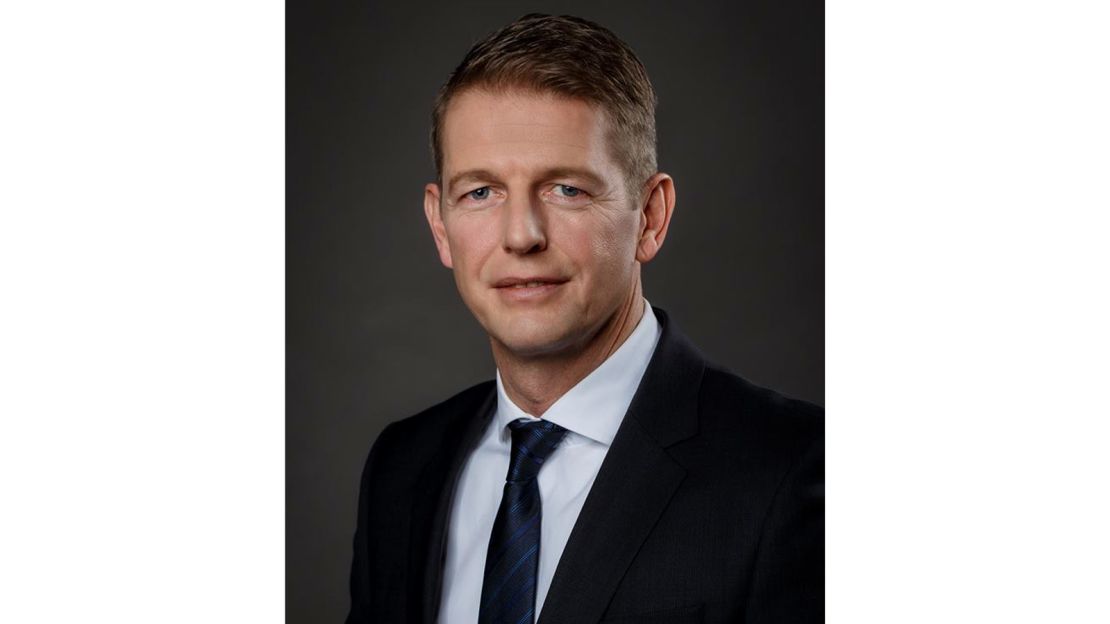
But his discontent goes much further than one policy. In a campaign speech in September, he made his anti-immigration views clear, arguing that German values were threatened by the arrival of people “who reject our way of life.”
“We are being heterogenized and diluted,” Hilse said, and “the German people … are meant to silently accept this change and ultimately the loss of our homeland.”
Joana Cotar, 44, born in Romania and now living in Hesse in central Germany, is one of ten women representing the AfD; she takes a less hardline stance on immigration. “I am concerned to help people who need help, those who have a right to asylum,” she says.
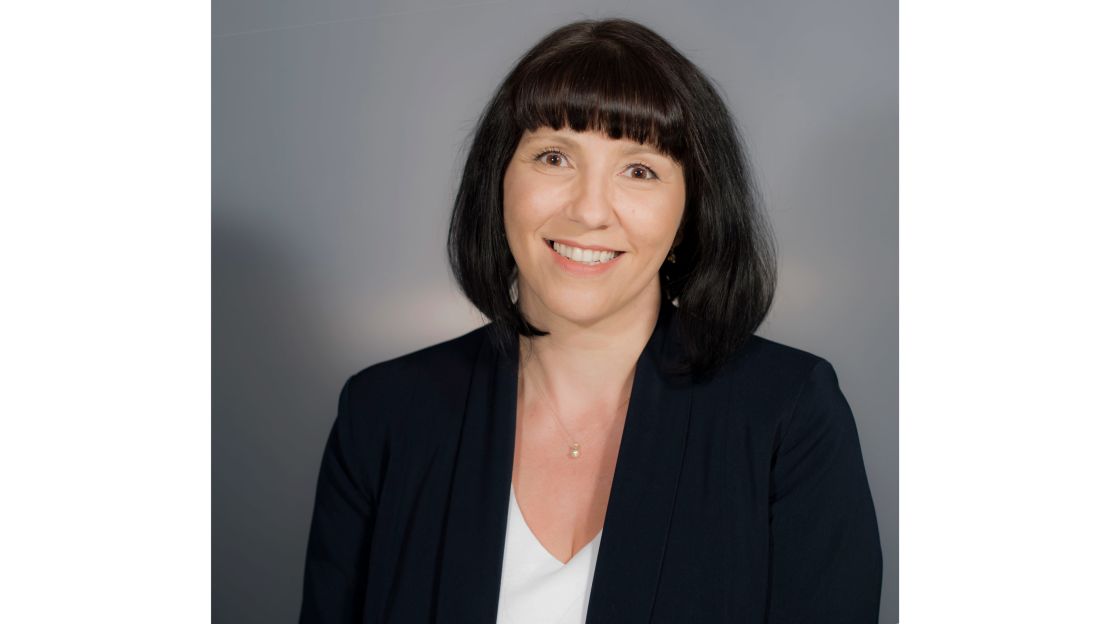
But she too wants to see a shift in the country’s migration policy. “Germany has a mammoth task to overcome … I think our country and the population here is simply overwhelmed.”
Analysis: The party won’t be in government, and isn’t even the largest opposition party. But Henning Meyer, social scientist at the London School of Economics, is convinced its 94 politicians will have a big impact on refugee policy.
“The AfD is not in a position in parliament to block anything,” Meyer says. But he believes they will “change the discourse, change the narrative and pull other parties to the right.”
It’s already happened, he says: Just a week after the election, in which Merkel’s party lost almost a million votes to the AfD, the Chancellor agreed to implement a type of refugee cap, a policy she had explicitly rejected early in the campaign.
READ MORE: Merkel changes tune on German refugee cap
The European Union
Unlike other far-right parties in Europe, the AfD is not calling for Germany to leave the European Union. But it is fundamentally opposed to the idea of “ever closer union,” as championed by Merkel and French President Emmanuel Macron.
“The last thing we need is more EU,” says Cotar. “We need less EU; we don’t need paternalism of the nation states.”
“We should all regulate our own issues at a national level. However, where we need to work together with the EU we should … on the issue of border control, for example. This is a topic for the EU but it has failed so far.”
Newly elected member of parliament Siegbert Drose, 48, is an even stronger opponent of a federalized Europe.
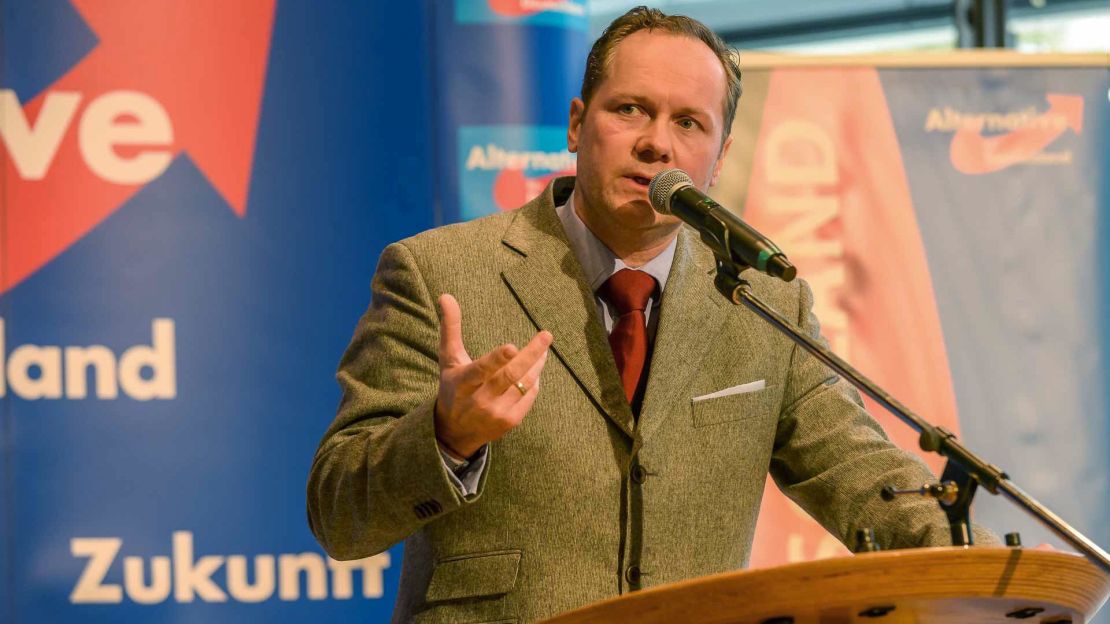
He wants to see “more sovereignty for nation states” within the EU, which he believes is “on the path to becoming a new Soviet Union.”
On this subject he’s inspired by the same nationalist outlook that drives his anti-immigration stance.
“I want us, as a European nation, to keep our identity and our diversity, our differences. So for peaceful coexistence, there is no future for multiculturalism.”
Analysis: Meyer believes that the AfD could play a significant role in influencing discourse, if there is another eurozone crisis.
“They would then become as anti-euro as when the party started,” Meyer says. “Could they make political hay with this? That depends on the circumstances.”
The far right label
Petr Bystron, 44, leader of the AfD in Bavaria in southern Germany, is widely viewed as holding extreme right-wing views. But he rejects that label, both as an individual and on behalf of his party.
“We view ourselves as a party in the center, a citizens’ party,” he says, “a liberal party with conservative values.”
Hilse takes a similar view when people describe his views as far-right.
“From my perspective, the CDU has betrayed their conservative values – they simply moved too far to the left.”
“That’s why I don’t mind when people say this to me. Because I know that I am still the man with conservative values in the middle.”
It’s not a view shared by most of the other politicians who will be sharing the Bundestag benches with Hilse and his 91 colleagues (the AfD won 94 seats but two have since left the party).
In a television interview a few days before the election, Sigmar Gabriel – foreign minister in the outgoing government – accused the AfD’s leaders of spreading Nazi propaganda and spoke of his distress at the thought that “Nazis” would soon have a voice in the Bundestag for the first time since the end of the Second World War.
All the other major parties ruled out forming a coalition with the AfD before the vote.
Analysis: Ross Campbell, senior lecturer in political science at the University of the West of Scotland, says the other parties see them “as rabble-rousers, extremists” and will not cooperate with them in parliament. “They will try as best they can to shut them out and hope that they will implode,” he says.
But Campbell says this approach could have the opposite effect. “It may justify one of the main narratives that they have – that the parties are basically the same and that the media are corrupt in their portrayal of the AfD as a far-right party.”
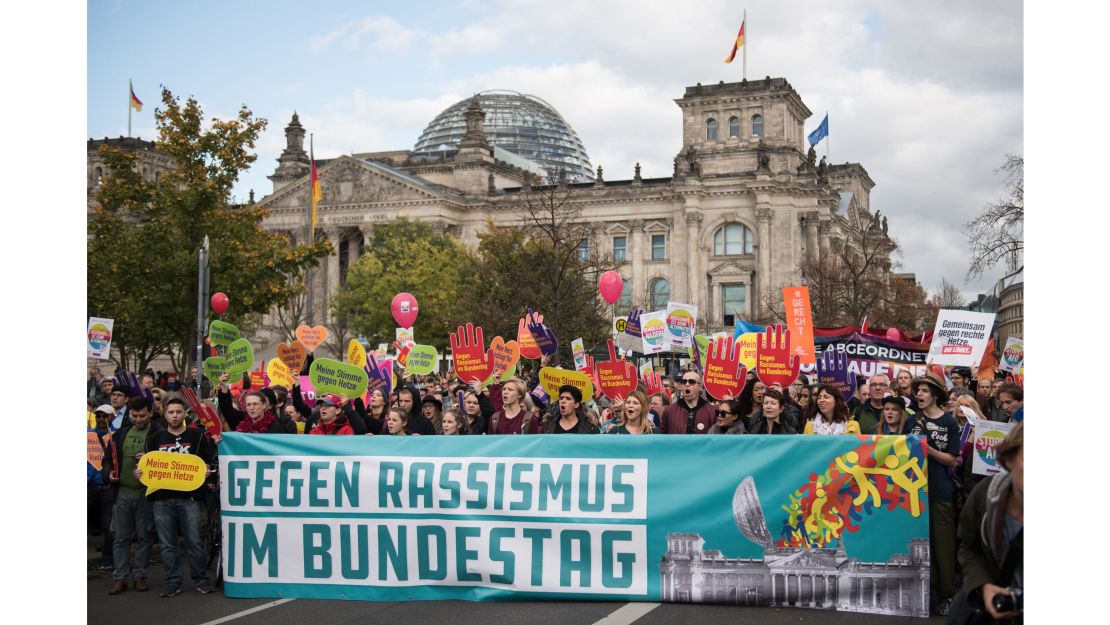
Party disunity
Almost since its inception, the AfD has been plagued by internal disunity. Cotar insists it’s all in the past. “We are all in agreement and I don’t think we will see any AfD parliamentarians wanting to leave now,” she says. “We cannot afford disunity.”
Opposition is at the top of her agenda. “(Our voters) expect from us exactly what we expect from ourselves,” she says. “To be outspoken, to bring up painful subjects, to go where it hurts and to present a clear opposition to government.”
But just a day after the elections, then-AfD chairwoman Frauke Petry walked out of a press conference, declaring that she would not sit with the party in the Bundestag and that the AfD must address “internal dissent.”
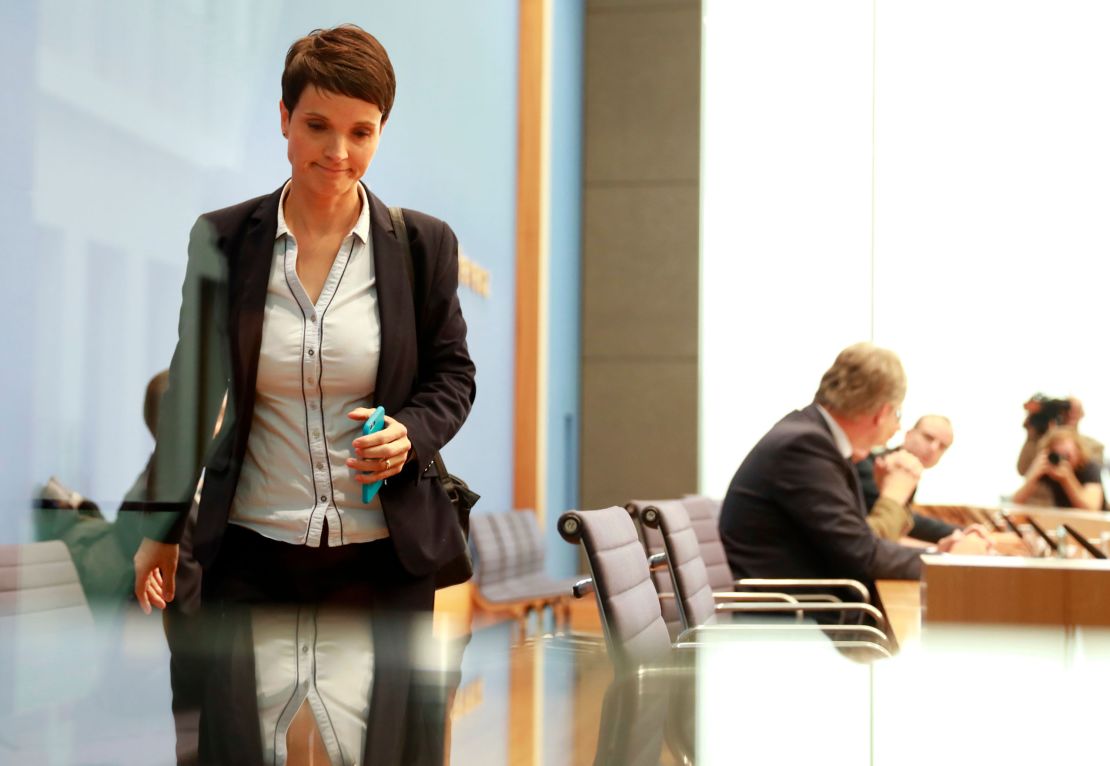
Earlier this year, Petry had lost an internal battle to oust a regional AfD leader who denounced Berlin’s Holocaust memorial, and her walkout seemed designed to make voters question which leader represented the “real” AfD.
She has since formed a rival right-wing group called “Blaue Wende” (blue change – the color indicating conservatism).
Analysis: “The AfD could end up splitting down the middle,” says the LSE’s Meyer. Some members may join Petry – who is now considered more moderate than the party’s leaders Alice Weidel and Alexander Gauland – while others are much more right-wing and are “pulling in a different direction.”
“Petry will be a threat to them,” says Campbell. “She does have the potential to pull people away if things begin to unravel.”
But Campbell is also convinced that disunity within the party – many of whose representatives are politically inexperienced – could thwart the AfD from the start.
“We will hear a lot of opposition from the AfD but it may be disintegrated,” Campbell says. “It may be quite difficult to get them to speak with a coherent voice.”
CNN’s Nadine Schmidt and Melina Borcak reported from Berlin, and Judith Vonberg wrote from London.




